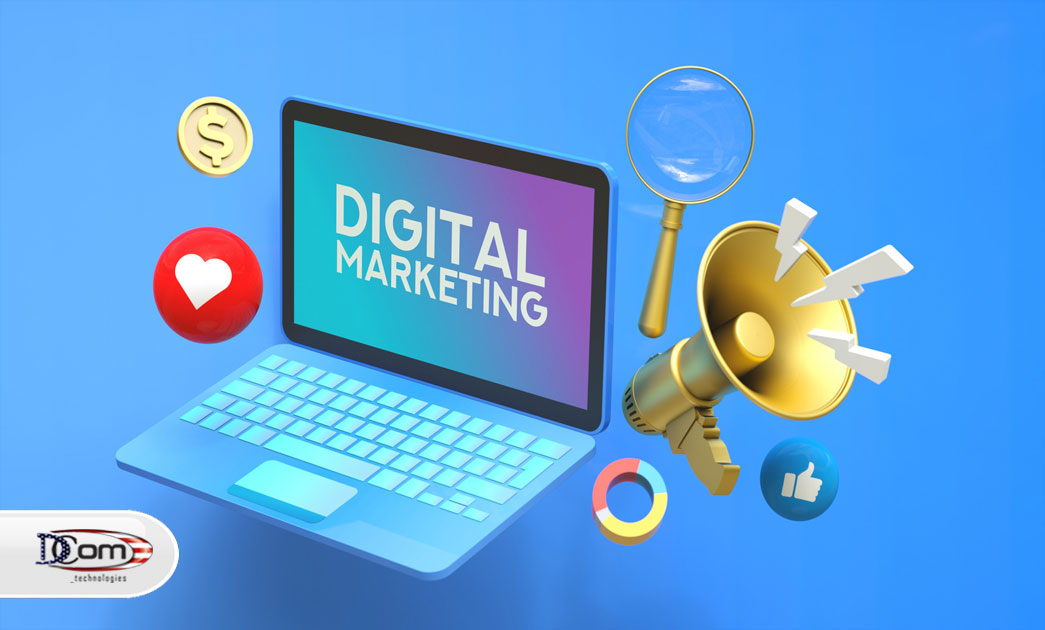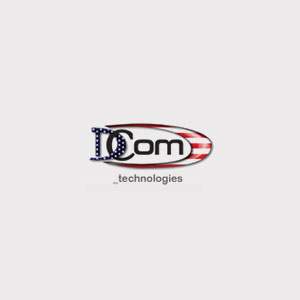Overview:
As we approach 2023, the digital marketing landscape is expected to undergo significant changes and advancements. DCOMUSA, a leading marketing agency, has identified some following trends and projections for the next wave of digital marketing strategies. These insights will help businesses stay ahead of the curve and make informed decisions to maximize their online presence and engage with their target audience effectively.
1. Artificial Intelligence (AI) and Machine Learning (ML):
AI and ML will continue to revolutionize digital marketing, enabling businesses to analyze complex data sets and provide personalized customer experiences. AI-driven chatbots and virtual assistants will become more sophisticated, improving customer service and driving conversions.
2. Voice Search Optimization:
With the rise of smart speakers and virtual assistants like Siri and Alexa, voice search will surge in popularity. Businesses will need to optimize their content for voice searches, focusing on long-tail keywords and conversational language.
3. Video Marketing Dominance:
The digital marketing space will continue to dominate with video content. Short-form videos, live streams, and interactive videos will be important tools to engage and grab the attention of audiences. Businesses should invest in quality video production and leverage video platforms like YouTube.
4. Influencer Marketing Evolution:
Influencer marketing will evolve to focus on micro and nano-influencers who have smaller but more engaged and niche audiences. This approach will allow businesses to establish genuine connections with their target market and drive higher conversion rates.
5. Personalization and Customer Data:
Personalization will play a crucial role in digital marketing strategies. Businesses will need to collect and analyze customer data to craft personalized messages and offers, enhancing the overall customer experience.
6. VR (Virtual Reality) and AR (Augmented Reality):
AR and VR technologies will become more prevalent in digital marketing, offering immersive and interactive experiences. Brands can use AR and VR to showcase products, simulate experiences, and engage with customers in unique ways.
7. Social Commerce:
E-commerce capabilities will continue to enhance by social media platforms. Brands will be able to sell products directly on platforms like Instagram and Facebook, reducing the friction in the buying process and improving conversions.
8. User-Generated Content:
User-generated content (UGC) will remain a powerful tool for building brand authenticity and credibility. Businesses should encourage their customers to create and share UGC, showcasing their products or services to a wider audience.
9. Data Privacy and Transparency:
As concerns around data privacy continue to grow, businesses will need to prioritize transparent data practices. Implementing strong security measures and being transparent about data collection and usage will be critical to building trust with customers.
10. Cross-Channel Marketing Integration:
Businesses will need to integrate their marketing efforts across multiple channels to create a seamless and consistent brand experience. By connecting their website, social media, email marketing, and other channels, companies can provide a cohesive customer journey and maximize their marketing efforts.
Conclusion:
The digital marketing landscape in 2023 will be characterized by AI and ML capabilities, voice search optimization, video dominance, evolving influencer marketing strategies, personalization and customer data analysis, AR and VR experiences, social commerce, user-generated content, data privacy and transparency, and cross-channel integration. By embracing these trends and projections, businesses can stay ahead in the digital marketing game and effectively reach and engage with their target audience.










